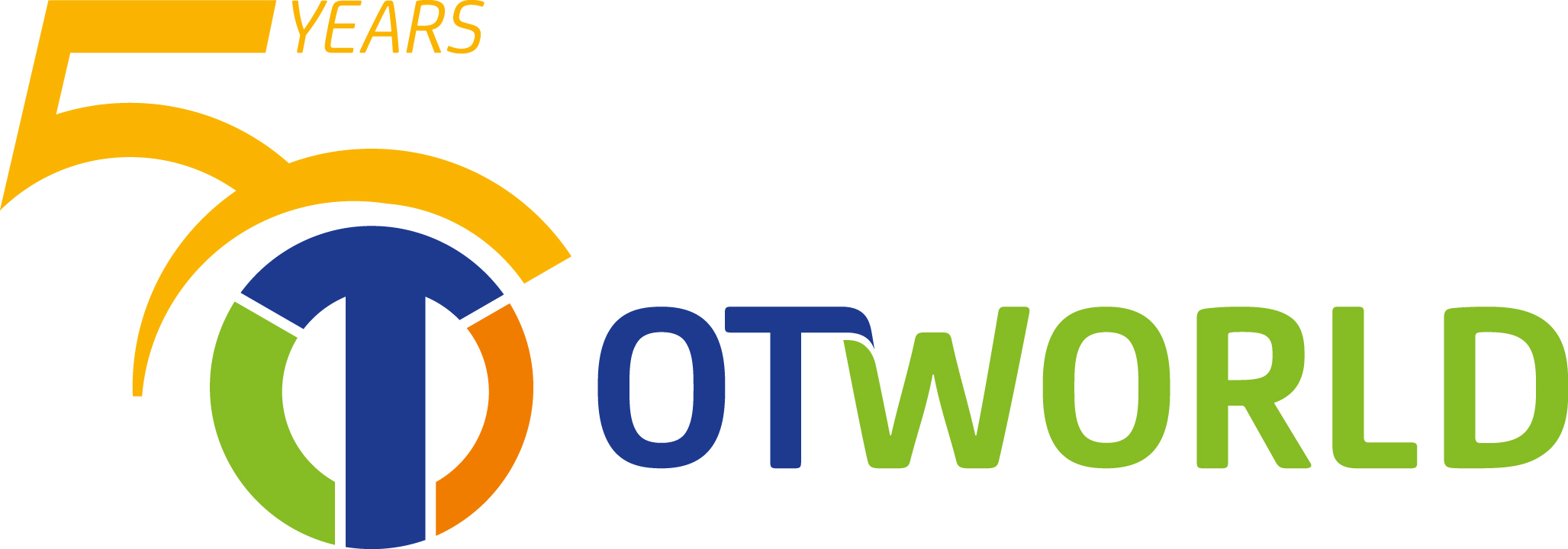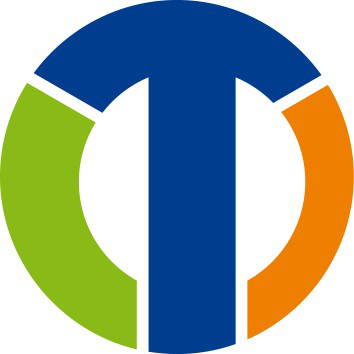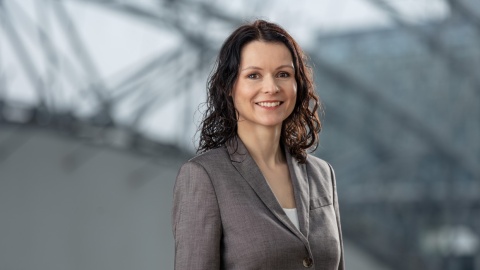Paediatric, Adolescent and Neuro-Orthopaedics in the Spotlight at OTWorld 2024: An Integrative Perspective on Mobility, Participation and Quality of Life for the Younger Generation
The world's largest congress on technical orthopaedics will focus on paediatric, adolescent and neuro-orthopaedics at the upcoming event in Leipzig. Evidence-based lectures and best practice examples from Germany and the US will deliver scientific content and provide inspiration on the complexities of day-to-day care for affected patients. According to the German Federal Statistical Office, the data on 31 December 2021 showed that as many as 200,000 children and adolescents with severe disabilities are living in Germany.
Sitting, crawling and learning to walk are important stages in developing motor skills during early childhood. Healthy children usually master these steps within the first 15 months of their lives. Children with congenital or acquired diseases and injuries that affect the musculoskeletal system need extensive medical support and a well-coordinated care team to master these developmental steps at their own pace.
Prosthetists and orthotists, orthopaedic footwear technicians, orthopaedists, neurologists, physiotherapists, occupational therapists and other professionals work hand in hand to develop tailor-made treatment plans that meet the individual needs of each child. Such treatment aims not only to resolve acute problems but also to take the long-term effects on the development and quality of life of young patients into consideration.
The World Congress will devote special attention to paediatric, adolescent and neuro-orthopaedics. These fields are very close to the hearts of the two congress presidents, Prof Dr Thomas Wirth, Medical Director of the Orthopaedic Clinic at the Olgahospital (part of the Klinikum Stuttgart), and Dipl.-Ing. (FH) Ingo Pfefferkorn, master orthopaedic technician and Technical Operations Manager at Orthopädie-Technik Scharpenberg e.K. in Rostock where he is a member of the Board of Management.
"Nothing compares to the joy of a youngster who can join in games, have fun and go to school", Professor Wirth explains. "At the same time, the treatment of young people is extremely complex. This is why discussions amongst all the professional groups involved in patient care are so important. Such exchanges help everyone on the care team to stay at the forefront of current developments, thus also benefitting the children and adolescents in our care."
“When we designed the programme, we felt it was especially important for congress events related to the main topic to reflect the many different aspects of daily treatment in clinics and orthopaedic practices so that everyone can take home some inspiration for their daily work in interdisciplinary care", congress president Pfefferkorn adds. "A single idea can already contribute towards improving the quality of life of a patient – especially for the younger ones, but for older patients too – and make a crucial difference as they go through life."
Innovative Approaches to Treating Skeletal Dysplasia and Soft Bones
In cooperation with the Association for Paediatric Orthopaedics (VKO), experts at the symposium entitled “Combining Conservative, Orthotic and Orthopaedic Surgery Treatments for Patients with Skeletal Dysplasia and Soft Bones” will take an in-depth look at specific therapeutic approaches. Their aim will be to demonstrate the need for a comprehensive approach to treating patients with complex musculoskeletal diseases. Led by Prof Dr Thomas Wirth and Dipl.-Ing. (FH) Ingo Pfefferkorn, this symposium will offer unique insights into integrative treatments for this broad group of patients while also providing an opportunity for discussion among experts in the field of paediatric orthopaedics.
Spina Bifida: German-American Dialogue on Paediatric Orthopaedics and Prosthetics
Colloquially referred to as "open back", spina bifida is a neural tube defect occurring in roughly one of every 1,000 births. The condition can cause nerves to visibly protrude through an open point in the spinal canal and into a sac (= cyst). From sensory disorders to paraplegia, its effects can vary greatly depending on the location of the vertebral arch defect and the extent of the nerve damage. The symposium entitled “Modern Treatment and Innovations for the Patient with Spina Bifida – US-German Exchange: Pediatric O&P” will provide participants with an integrative understanding of care for patients with spina bifida. Dipl.-Ing. Merkur Alimusaj and Lauren Levey from the US city of Philadelphia will lead the international dialogue.
The Complexity of Orthotics and Orthopaedic Treatment and Care for Paralysis
According to the German Paraplegics Advocacy Association (FGQ), some 140,000 patients are undergoing treatment for paralysis and some 2,350 people with newly acquired spinal cord injuries are added to that number each year (data from 2018). Led by Dr Ulrich Hafkemeyer and Michael Volkery, the symposium entitled “Orthotics and Orthopaedic Treatment and Care in Congenital and Acquired Paralysis” will explore medical and technical perspectives on the complexity of orthopaedic care in the context of congenital and acquired paralysis. The symposium promises a comprehensive presentation of the challenges posed by neuro-orthopaedic disorders and the possible treatment options. Experts including Dr Frank Schiedel and Michael Möller will present groundbreaking strategies for paralysis care ranging from stage-appropriate care options to surgical treatments.
Arm Prosthetics for Children and Adolescents
Arm prosthetics are particularly complex because of the individual needs and growth phases of children. Prostheses must go beyond being purely functional. They also need to support children's self-confidence and social integration. The adaptability of prostheses is crucial, as children grow quickly and their needs change. In addition to technical precision, arm prosthetics and orthopaedic treatment and care also require sensitive, child-friendly approaches in order to ensure the best possible quality of life for young patients.
The DRG reimbursement system was invoiced for a total of almost 73,000 amputations in German hospitals in 2022. Of these, nearly 51,000 were cases of exarticulation of the foot, some 16,000 involved a lower extremity, around 5,100 were hand amputations and 237 involved the exarticulation of an upper extremity.
In cooperation with the Association for Quality Assurance in Arm Prosthetics (VQSA e.V.), a high-profile panel of experts will be examining special requirements and innovative solutions in the care of young patients with arm prostheses. Led by Michael Schäfer and Merkur Alimusaj, the symposium entitled “Special Requirements and Opportunities for Children and Adolescents with Arm Prostheses” will offer deep insights into the complex requirements and wide range of options in paediatric and adolescent care.
You can find out about more events on the subject of paediatric, adolescent and neuro-orthopaedics in our online congress programme, available from mid-January 2024.
Early-Bird Discount for OTWorld Tickets from January
Tickets for OTWorld 2024 can be purchased in the online shop from mid-January 2024. The discounted early-bird price for full and day tickets for the World Congress including admission to the international trade show will be valid until 31 March 2024. The congress programme will also be available from mid-January.


